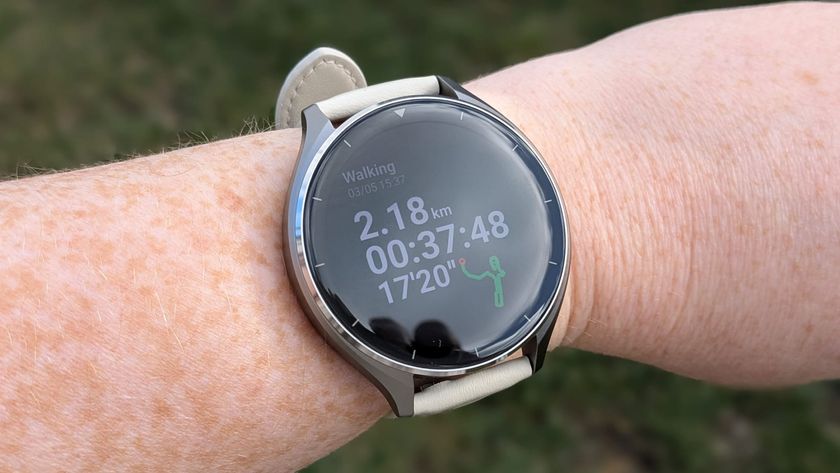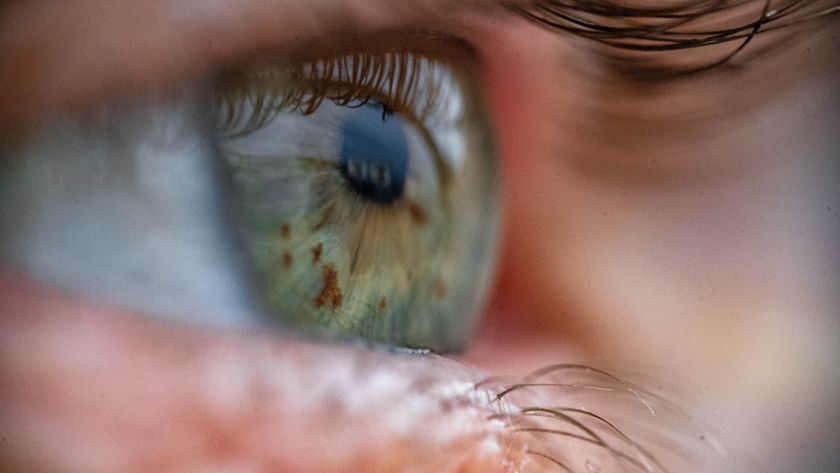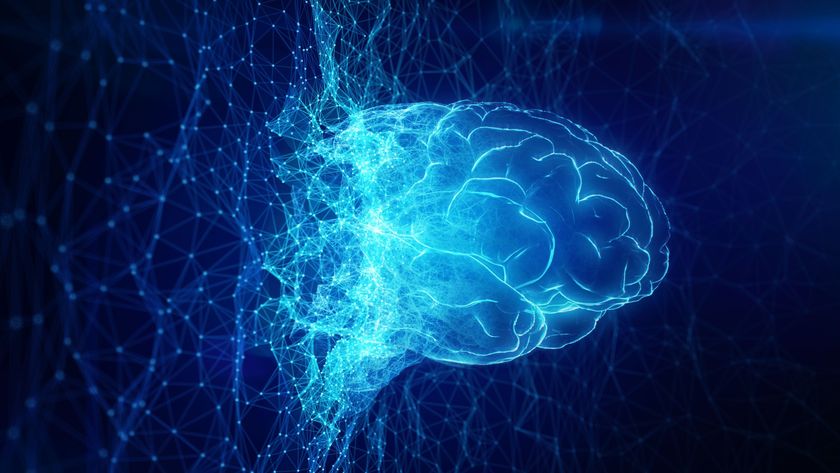Really? Millennials Probably Not Too Lazy to Eat Cereal

Millennials may not be eating cereal, but it's not because they're lazy.
Internet outrage erupted last week after a New York Times food column on cereal reported that 40 percent of millennials said cereal is an inconvenient food because it requites cleanup after eating. A Washington Post column zoomed in on that tidbit to decry a "national trend toward laziness," including the use of coffee pods and parents who don't assign their children chores.
In reality, the Froot Loops may not be falling. Overall, only 6 percent of all consumers say they're eating less cereal than the year before, according to the same Mintel marketing report that included the 40 percent statistic. And the report did not directly link millennials' feelings about convenience with declines in cereal consumption. Cereal sales are falling, but for reasons associated with carb avoidance as well as convenience, analysts agree. And, according to the research firm Nielsen, other pre-made breakfasts, particularly the breakfast sandwich, are growing in popularity. [7 Personality Features That Are Bad for You]
The Mintel report, released in August 2015, drew its data from a survey of 1,912 Internet users ages 18 or older in the United States who eat cold or hot cereal. These participants were asked, "Which of the following statements about cold or hot cereal do you agree with?" One option was "Cereal is inconvenient because I have to clean dishes after preparing it."
Thirty-nine percent of millennials (those born between about 1980 and 2000) said they agreed, as did 17 percent of Generation Xers (born between the mid-1960s and 1980) and 10 percent of baby boomers (born between 1946 and 1964). Three percent of the World War II generation agreed that post-cereal dishwashing was inconvenient. Millennials were also more likely than other generations to agree that cereal should be more portable. But neither question addressed whether millennials were eating less cereal because of the inconvenience factor.
And comparing the generational numbers might be misleading. When researchers study changes between generations, the most accurate way to do so involves comparing one generation to another at the same age — in other words, comparing baby boomer 18-year-olds to millennial 18-year-olds. This kind of academic research is based on long-running surveys that have been administered in high schools since the 1970s. Comparing today's 20-year-olds to today's 70-year-olds introduces all sorts of variables, like time spent at work, that might influence a person's feelings toward convenience food.
So what does the long-term data say about millennial laziness? Well, large national surveys have not asked about feelings toward cereal. But millennials do show less interest in paid work than do generations prior. Data from the Monitoring the Future project have found that 47 percent of millennials say they're willing to work overtime, compared with 56 percent of Gen Xers and 59 percent of boomers. Thirty-eight percent of millennials say they don't want to work hard, compared with 30 percent of Gen Xers and 26 percent of boomers surveyed at the same age.
Sign up for the Live Science daily newsletter now
Get the world’s most fascinating discoveries delivered straight to your inbox.
"The work-ethic decline is real," said Jean Twenge, the author of "Generation Me: Why Today's Young Americans Are More Confident, Assertive, Entitled — and More Miserable Than Ever Before" (Free Press, 2007).
Those data fall in line with the notion that millennials are too lazy to pick up a sponge. But slothfulness may not be the reason for the decline in work ethic. Millennials are also more likely than generations before to say that work is nothing more than a living and that they don't expect to make work the center of their lives, Twenge told Live Science. The reason could be anything from an increase in entitlement to economic factors, reduced company loyalty toward employees or lessons learned from watching their parents' work experiences.
"It's likely all or most of these, and that's more difficult to determine," Twenge said.
Follow Stephanie Pappas on Twitter and Google+. Follow us @livescience, Facebook & Google+. Original article on Live Science.

Stephanie Pappas is a contributing writer for Live Science, covering topics ranging from geoscience to archaeology to the human brain and behavior. She was previously a senior writer for Live Science but is now a freelancer based in Denver, Colorado, and regularly contributes to Scientific American and The Monitor, the monthly magazine of the American Psychological Association. Stephanie received a bachelor's degree in psychology from the University of South Carolina and a graduate certificate in science communication from the University of California, Santa Cruz.












